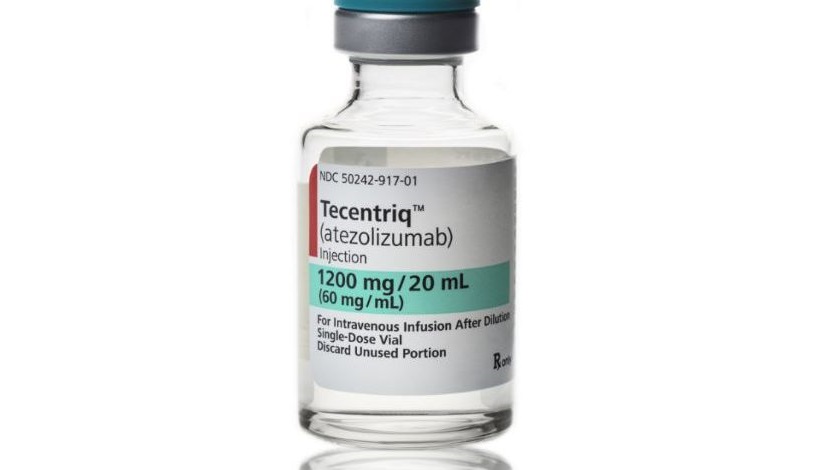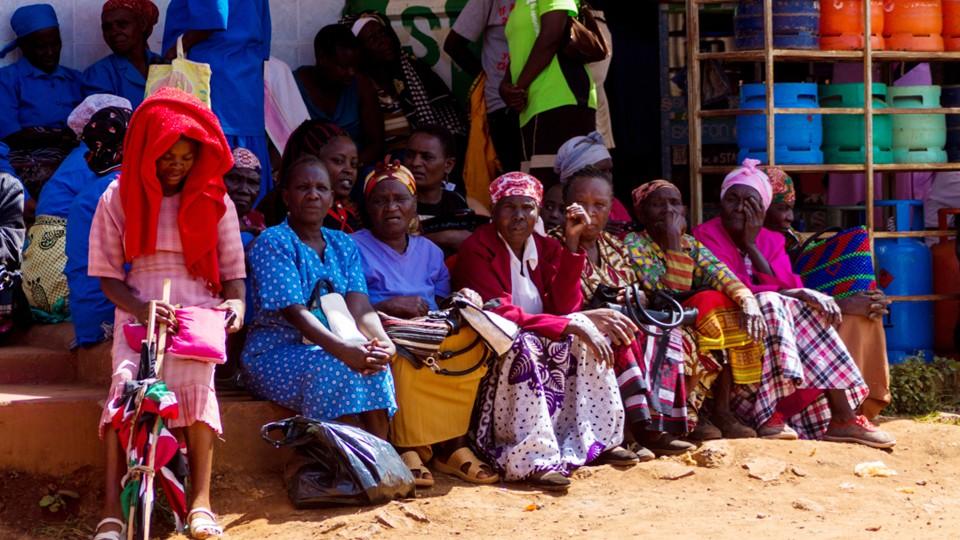Roche's Tecentriq gets fast review in triple negative breast cancer

The FDA has granted a fast review for Roche/Genentech’s Tecentriq in combination with Celgene’s Abraxane for certain patients with tough-to-treat ‘triple negative’ breast cancer.
The regulator has granted the immunotherapy Tecentriq (atezolizumab) and Abraxane (nab-paclitaxel) a faster six-month review for unresectable locally advanced or metastatic triple negative breast cancer (TNBC).
Patients would be tested to see if their tumours express the protein PD-L1 to ensure they are eligible for treatment.
If approved, Tecentriq will be the first immunotherapy available for patients with this kind of disease, allowing Roche a free run at the indication without competition from rival immunotherapies such as Merck & Co’s Keytruda and Bristol-Myers Squibb’s Opdivo.
The FDA is expected to make a decision on the combination by March 12 next year, and the regulator has agreed to a faster six-month Priority Review reserved for drugs that could provide significant improvements in treatment, prevention, or diagnosis of a disease. Standard reviews last ten months.
Roche’s filing is based on data from the phase III Impassion130 study, presented at the European Society for Medical Oncology (ESMO) conference in October.
Results showed the combination as a first-line treatment for unresectable locally advanced or metastatic triple-negative breast cancer (TNBC) significantly reduced the risk of disease worsening or death compared with nab-paclitaxel alone in all randomised patients.
In all patients the median progression-free survival (PFS) was 7.2 months in those treated with the combination and 5.5 months in the control group.
Results were stronger in the PD-L1 positive population, where the median PFS was 7.5 months in those treated with the combination, and five months in the control group.
At the interim analysis, statistical significance was not met for overall survival (OS) in the whole population, but there was a “clinically meaningful” improvement in the PD-L1 positive population.
Median OS in the PD-L1 group was 25 months in the combination group compared with 15.5 months in the control arm.
Serious adverse events were reported in 23% of people who received Tecentriq plus nab-paclitaxel compared to 18% of people who received nab-paclitaxel alone.
This was consistent with safety profiles of the individual medicines.
There are few available treatments for TNBC – AstraZeneca’s Lynparza can be used in triple negative breast cancer, but only in patients whose cancers express the BRCA gene.












